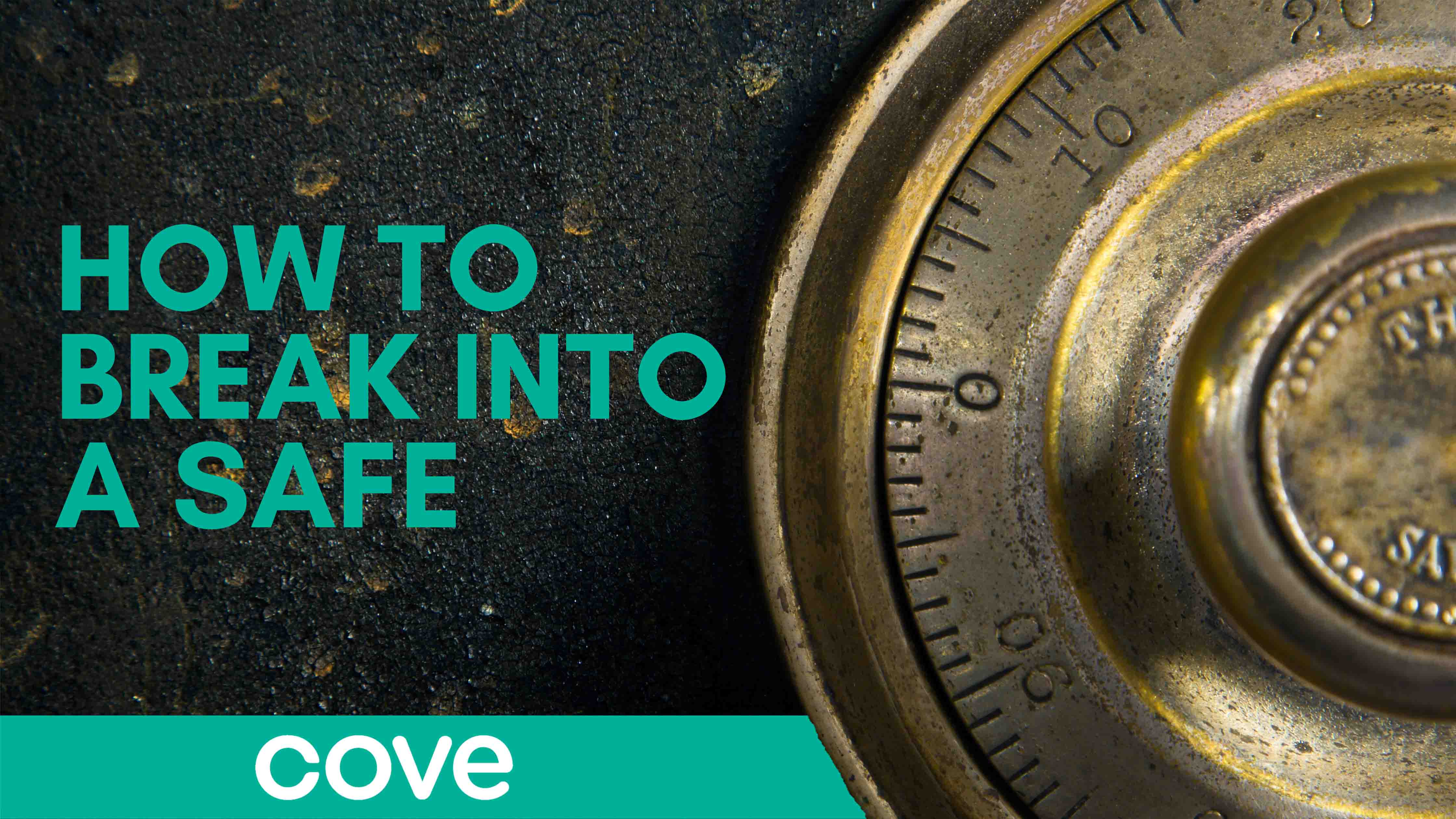What is a DIY Home Security System?
Link Copied
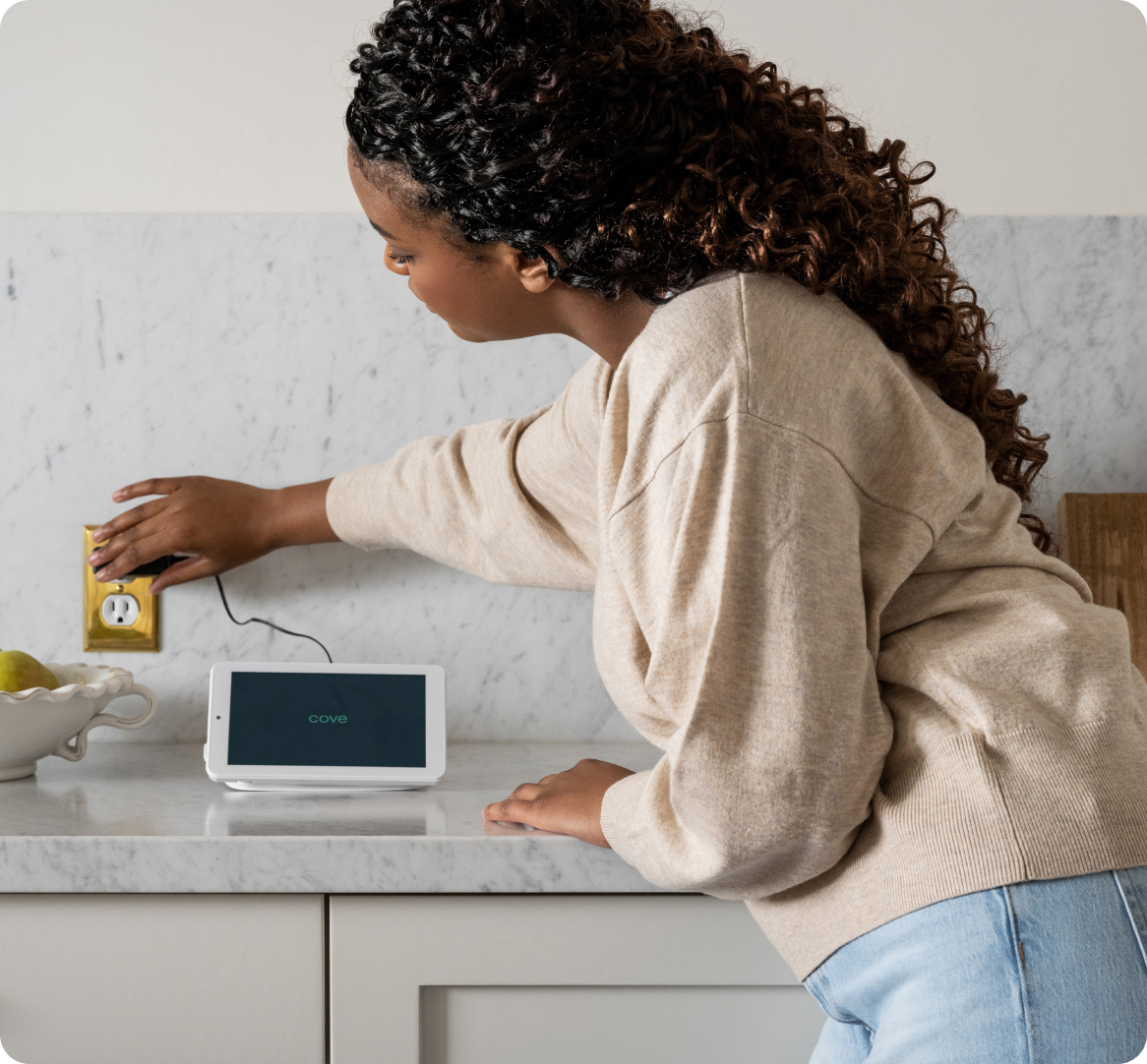
Gone are the days when complicated installations required professionals to wire cameras and sensors throughout your home. Thanks to advancements in technology, a new option has emerged in the home security market: do-it-yourself (DIY) systems.
DIY home security systems, such as Cove, have experienced a recent surge in popularity, and the reasons behind this trend are compelling. But what exactly are DIY systems, and why should you consider implementing one in your home?
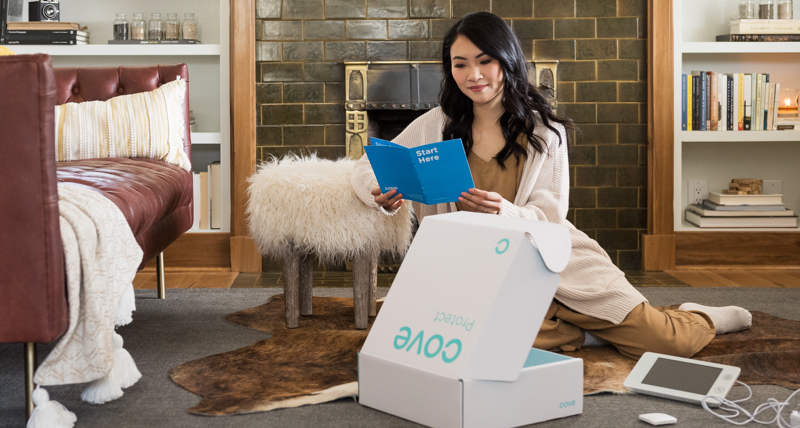
Definition of DIY Home Security
DIY stands for "do it yourself." In the home security industry, this primarily refers to self-installation.
It used to be that home security systems were complicated and required professionals to hardwire them in. With the evolution of security cameras and sensors, many are now wireless and easy to connect, making DIY installation increasingly popular.
Additionally, when some refer to "DIY home security" they mean self-monitoring. Depending on the system you choose, you may have the option to monitor your home's security independently, without subscribing to professional monitoring services. We'll explore the pros and cons of this approach later in the article.
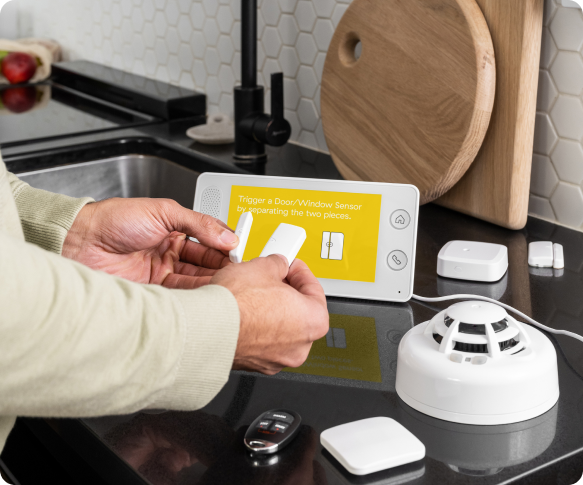
Why Consider a DIY Security System?
There are several compelling reasons why an increasing number of individuals are opting for DIY security systems. Is it the right choice for you? Consider the following factors:
-
Affordability: The primary driving force behind the popularity of DIY systems is affordability. DIY home security systems, like Cove, often come at a lower cost compared to traditional alternatives. By eliminating the need for professional installers, you can significantly reduce expenses. In fact, Security.org recognized Cove as the "Most Affordable" DIY system of 2024, reaffirming our reputation for providing the best value in the market.
-
Ease of Installation and Wireless Connectivity: DIY systems, such as Cove, boast plug-and-play functionality, designed for hassle-free installation. Once unboxed, these systems are ready to be set up. While you'll need to follow instructions to position each sensor and camera correctly, comprehensive written and video guides are provided. Most devices feature adhesive backing, eliminating the need for drilling or wiring. For example, setting up a Cove system, from booting up the control panel to syncing cameras and sensors, typically takes only around 30 minutes.
-
Integrated Mobile App: While you can monitor your security system's status via the control panel while at home, an integrated mobile app proves invaluable when you're away. With the app installed on your smartphone, you can arm/disarm your system and receive alerts in case of any suspicious activity. Additionally, you can access live camera feeds remotely, enhancing both security and convenience.
-
Portability: DIY systems offer unparalleled flexibility, making them easy to install, dismantle, and reinstall at a new location. This feature is particularly advantageous for renters or individuals planning to relocate in the near future.
-
Expanded Device Options: In addition to standard security features, DIY systems often offer a range of supplementary devices, including smoke detectors, carbon monoxide detectors, water leak detectors, and glass break detectors.
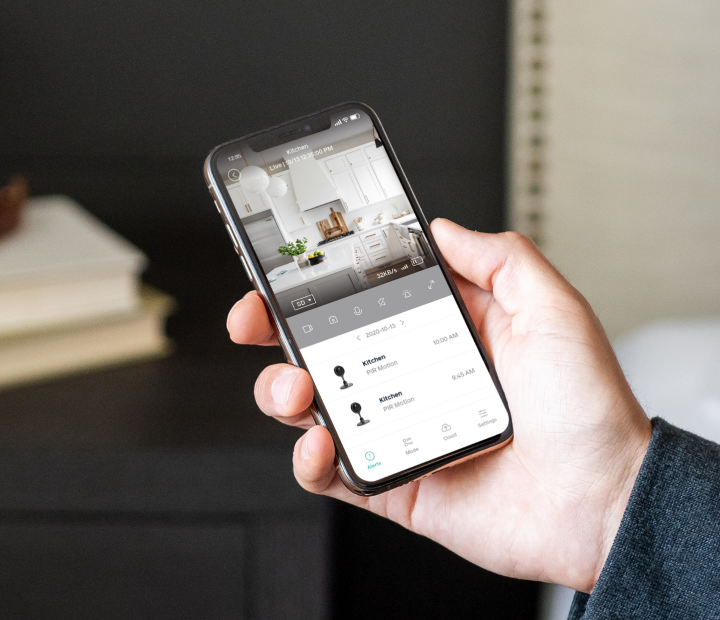
Pros and Cons of Self-Monitoring
As mentioned earlier, DIY home security may involve self-monitoring rather than professional monitoring. Let's examine the pros and cons of this approach:
Pros of Self-Monitoring
Cost Effective: Self-monitoring eliminates the need for additional subscription fees, making it a budget-friendly option.
No Contracts: Some security companies offering professional monitoring may require long-term contracts, limiting flexibility and imposing cancellation fees. However, there is an exception: Cove offers professional monitoring, and you never have to sign a contract.
Cons of Self-Monitoring
Limited Surveillance: As you can't be constantly vigilant, there's a risk of missing alerts during periods when you're unable to access your phone or device.
For example, if someone opens a door or window and comes inside, or if your smoke alarm goes off, if you don’t respond the problem will persist. With professional monitoring in place, your security company will dispatch help on your behalf.

DIY home security systems present a compelling option for those seeking cost-effective, customizable solutions. Systems like Cove offer easy installation, affordability, and flexibility, providing peace of mind without the constraints of traditional security contracts. Ready to enhance your home security? Click below to take our quiz and get started.
Ready to get started?
Take this short quiz to build your customized system today!
Takes less than a minute
